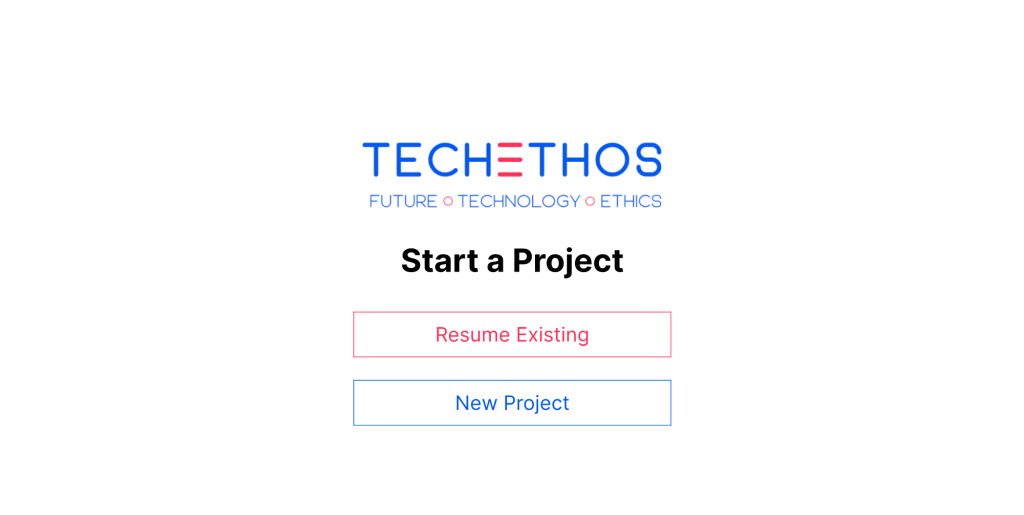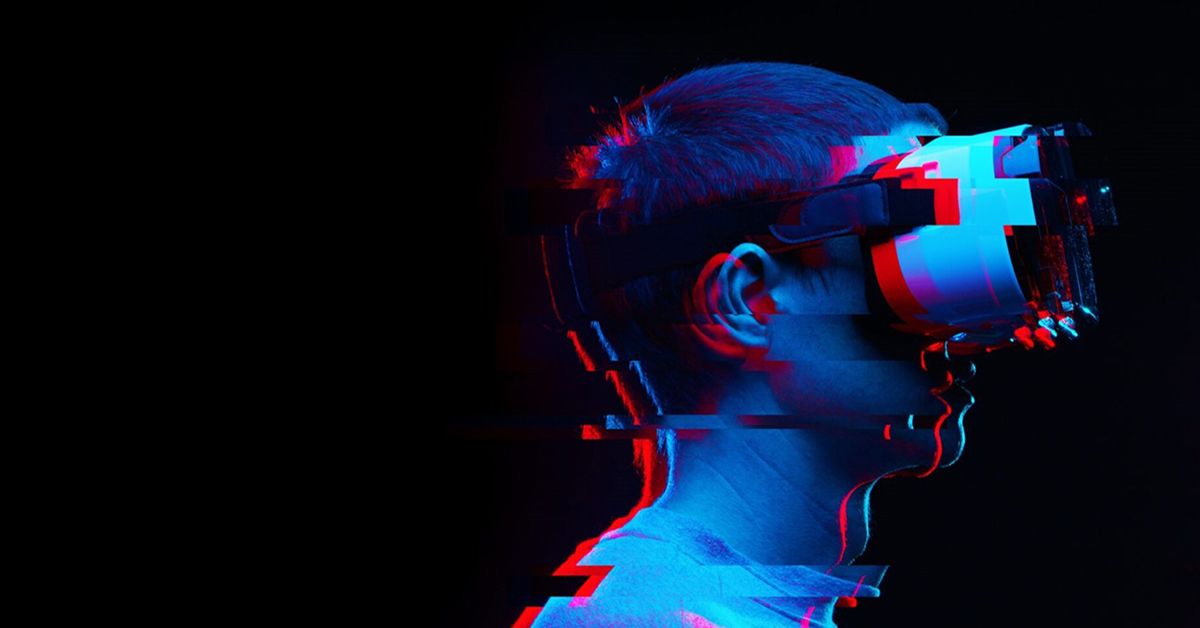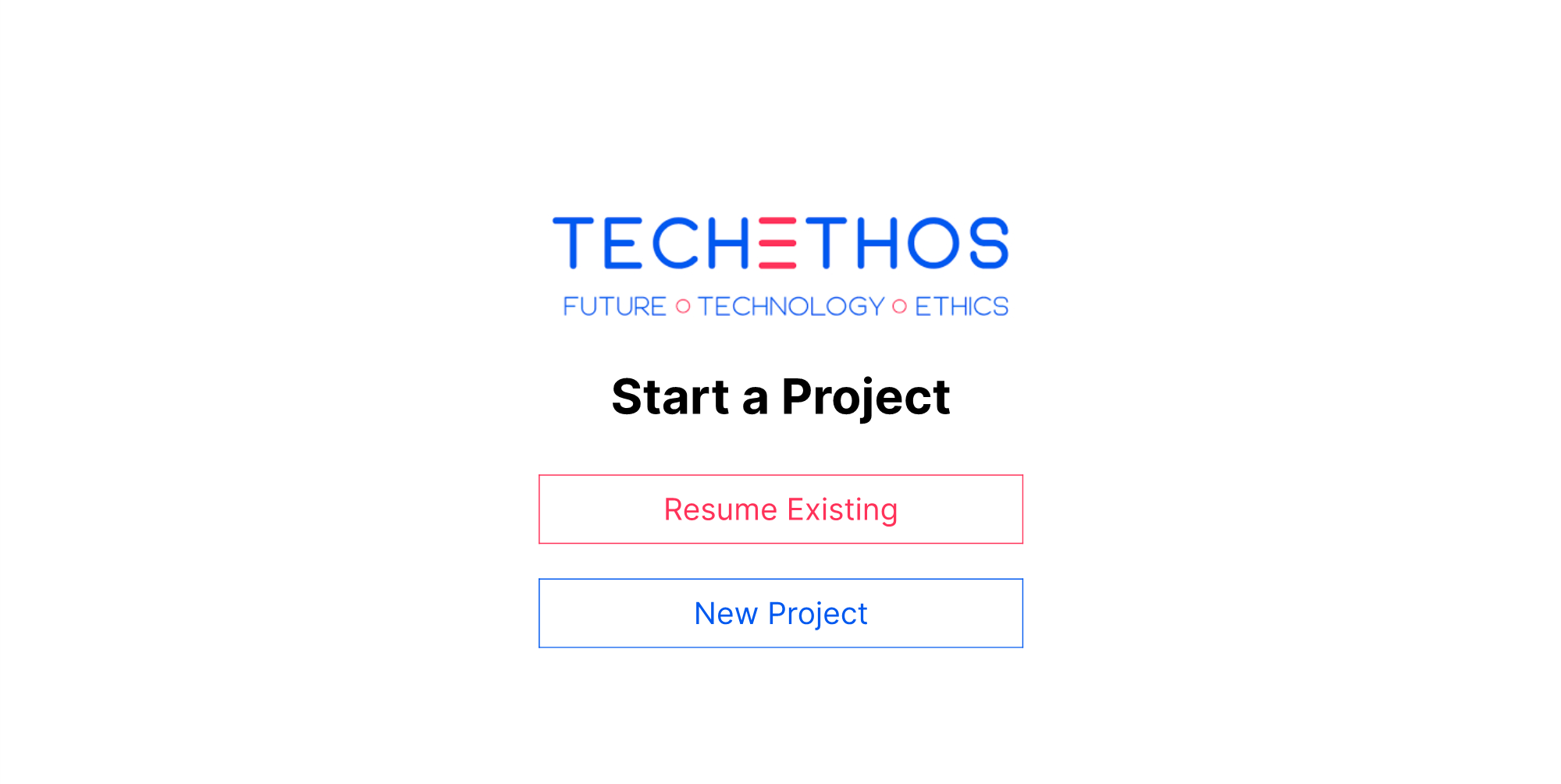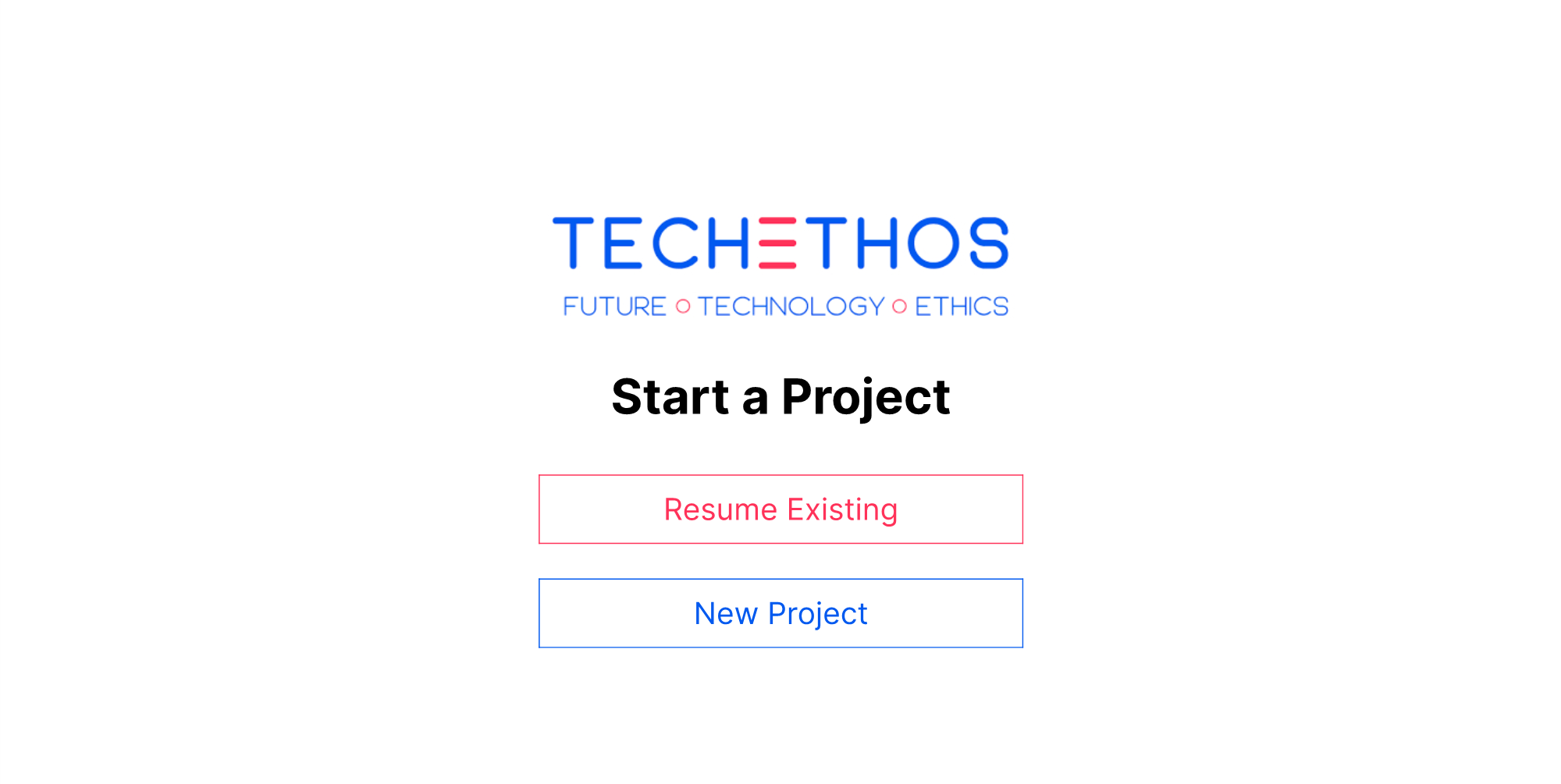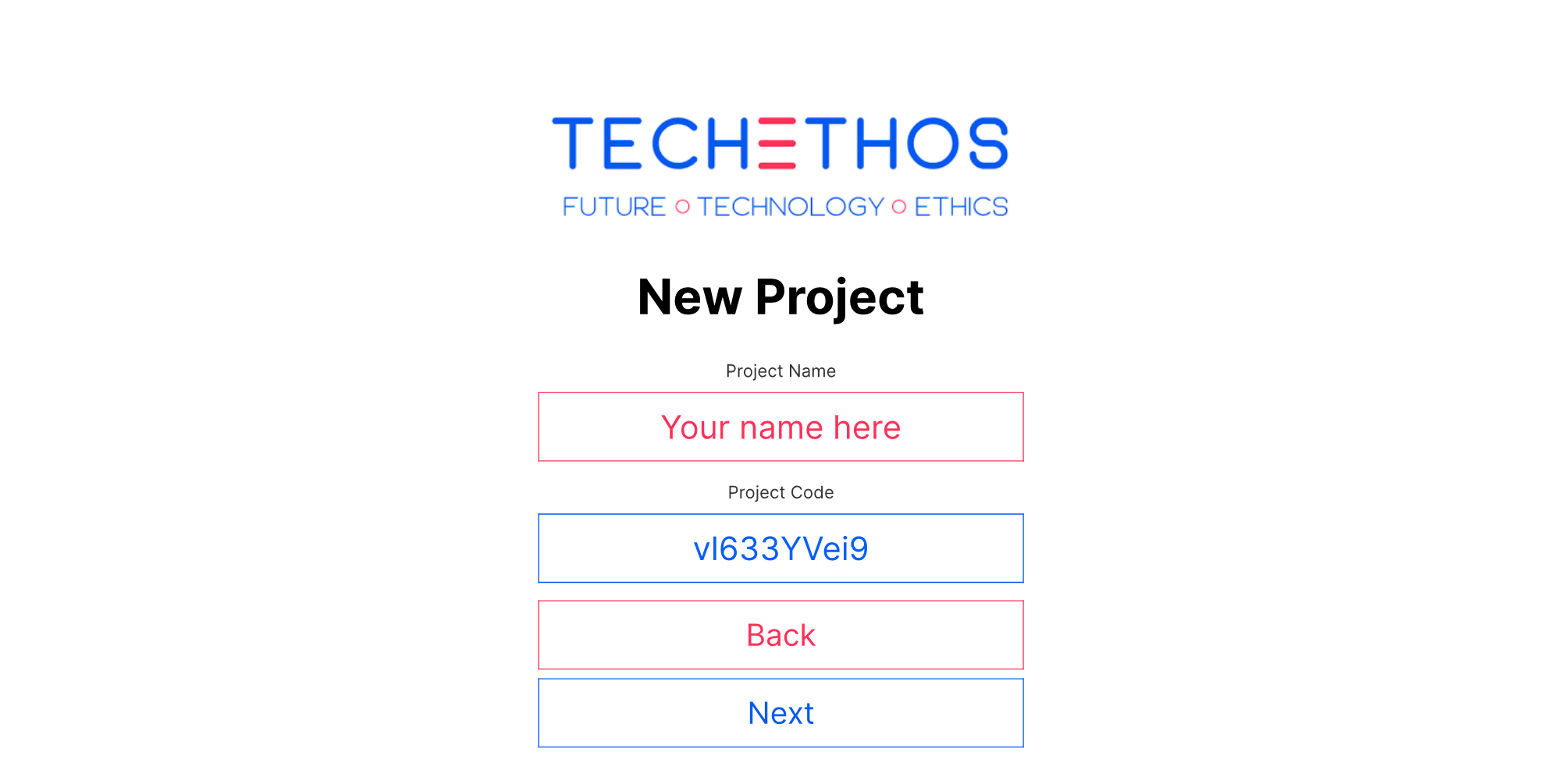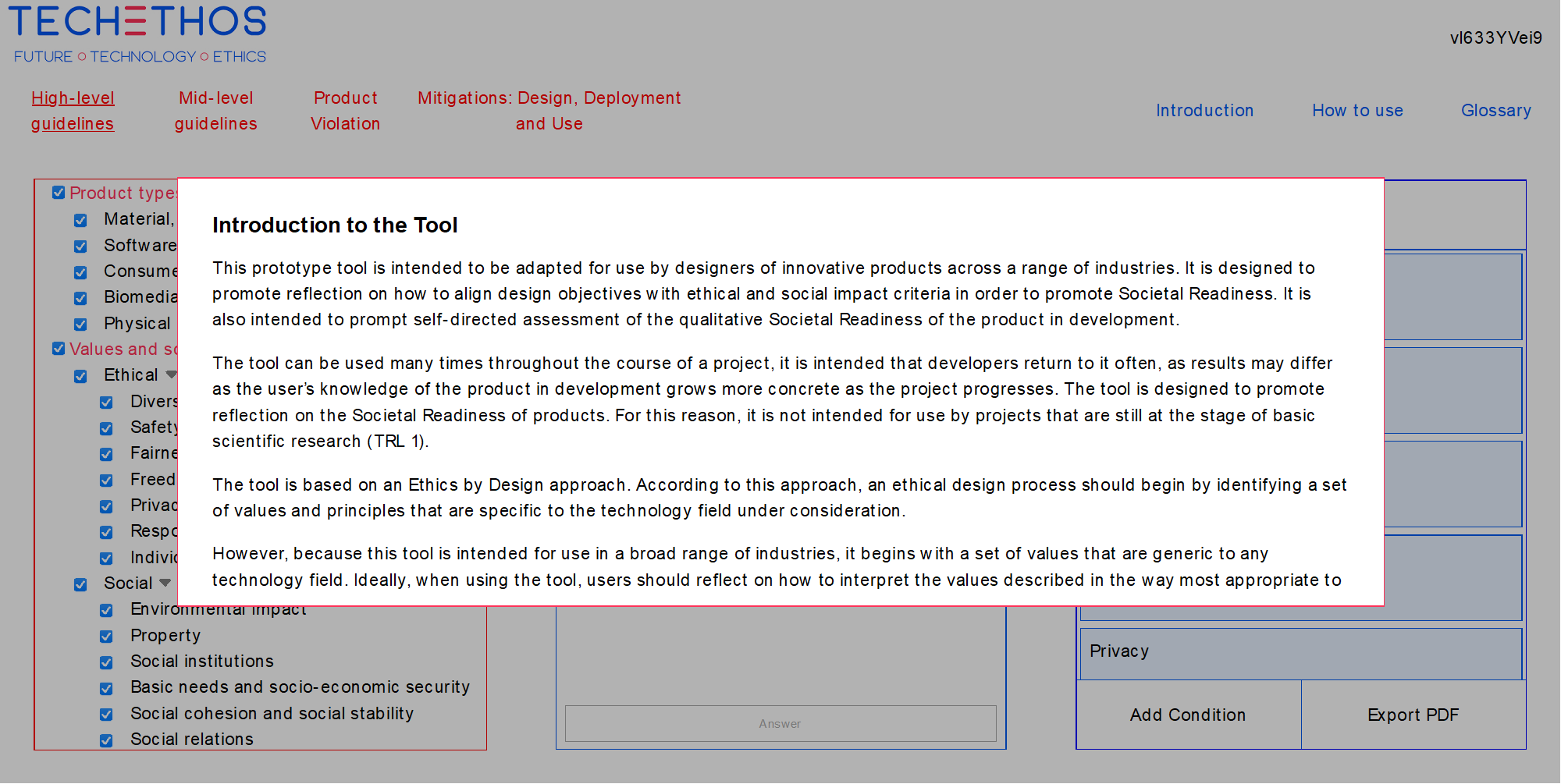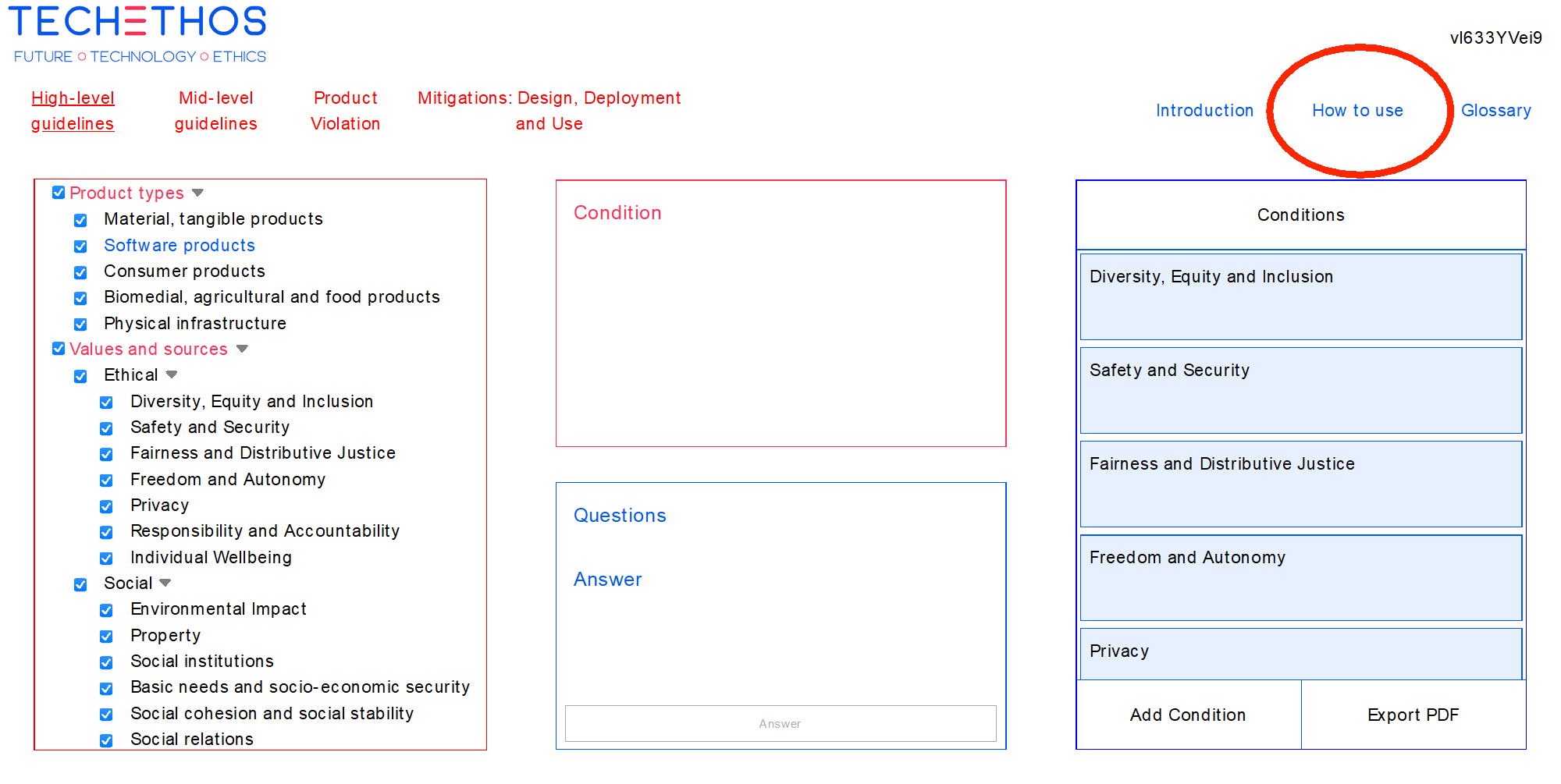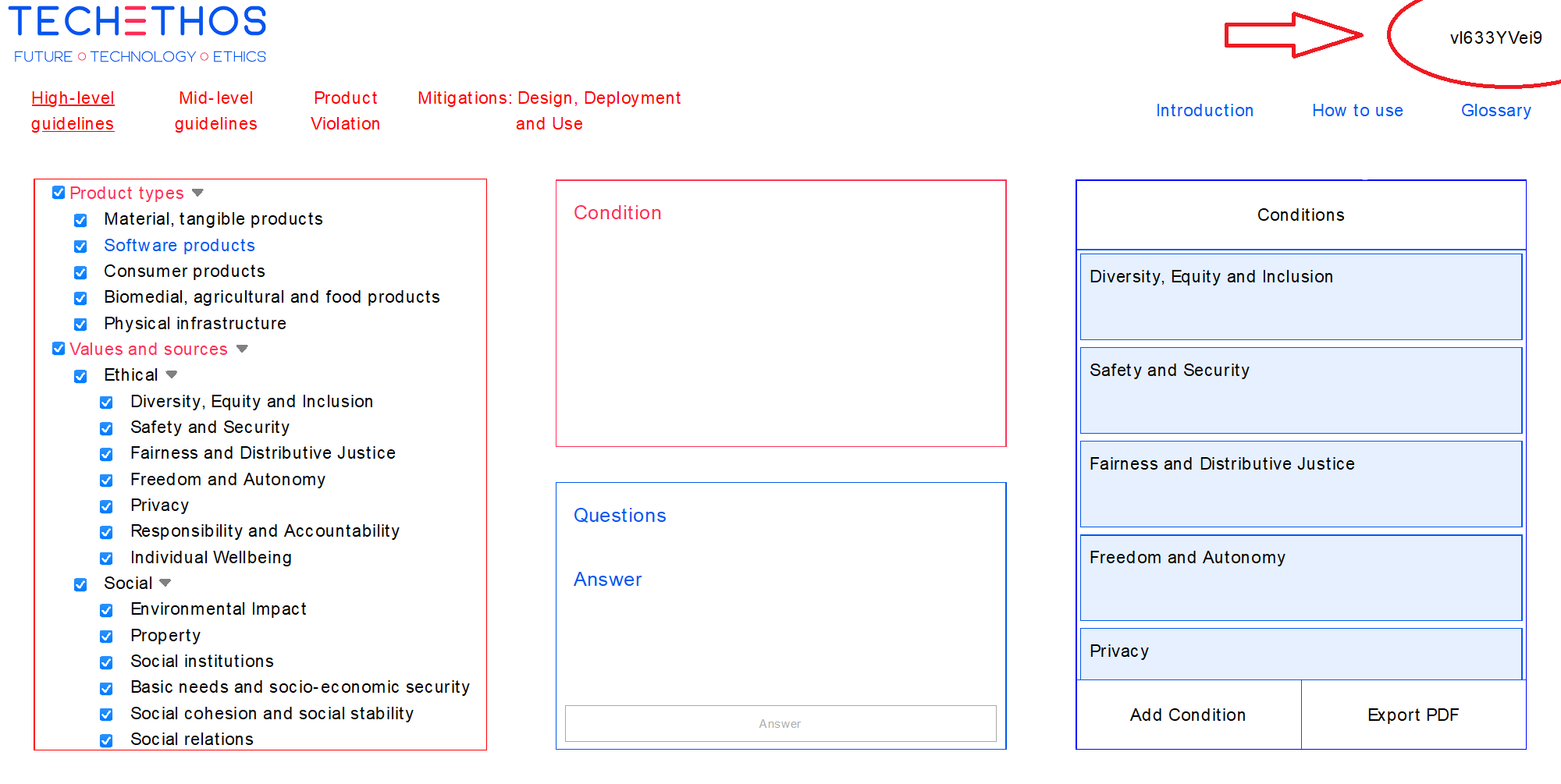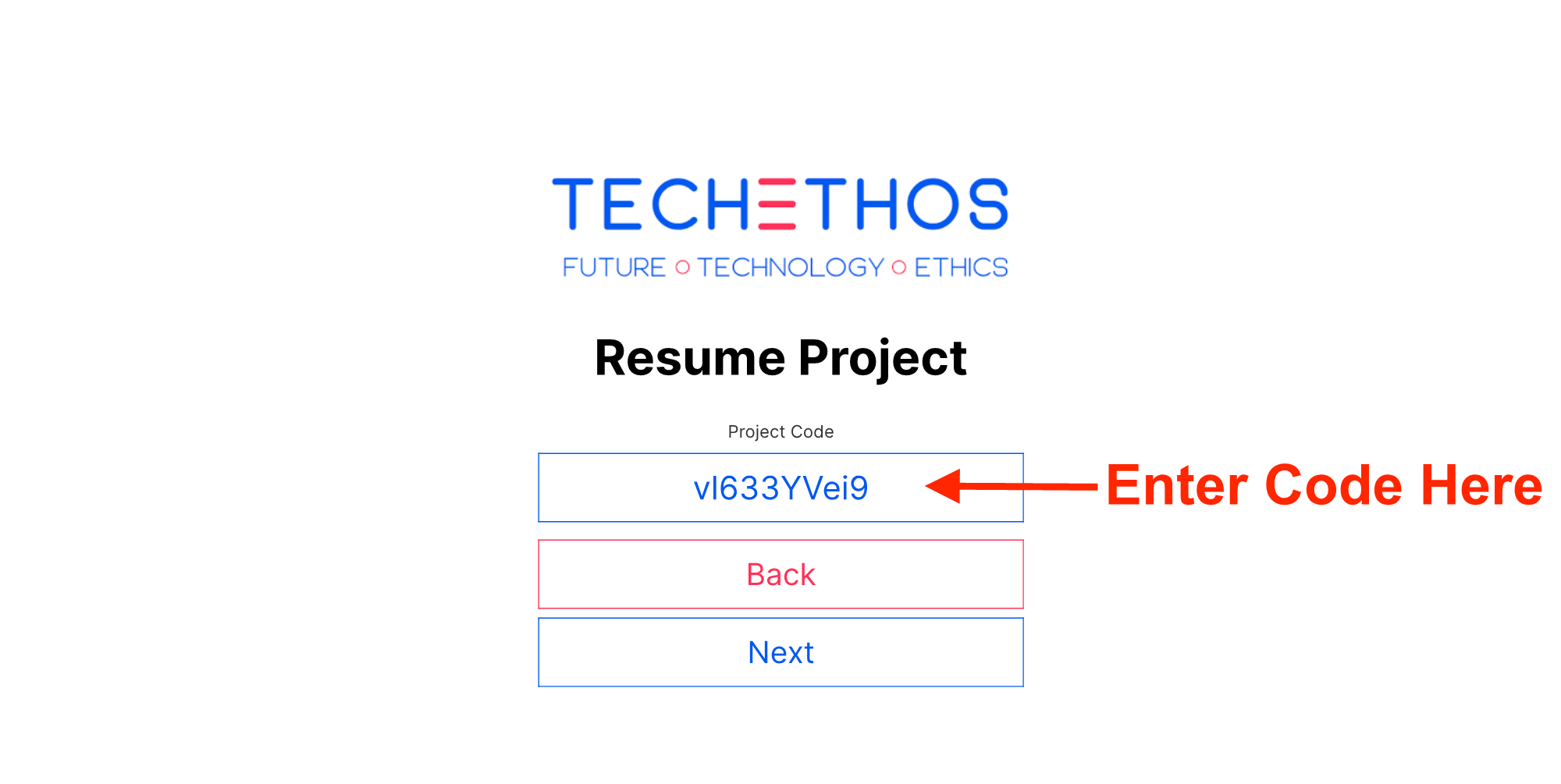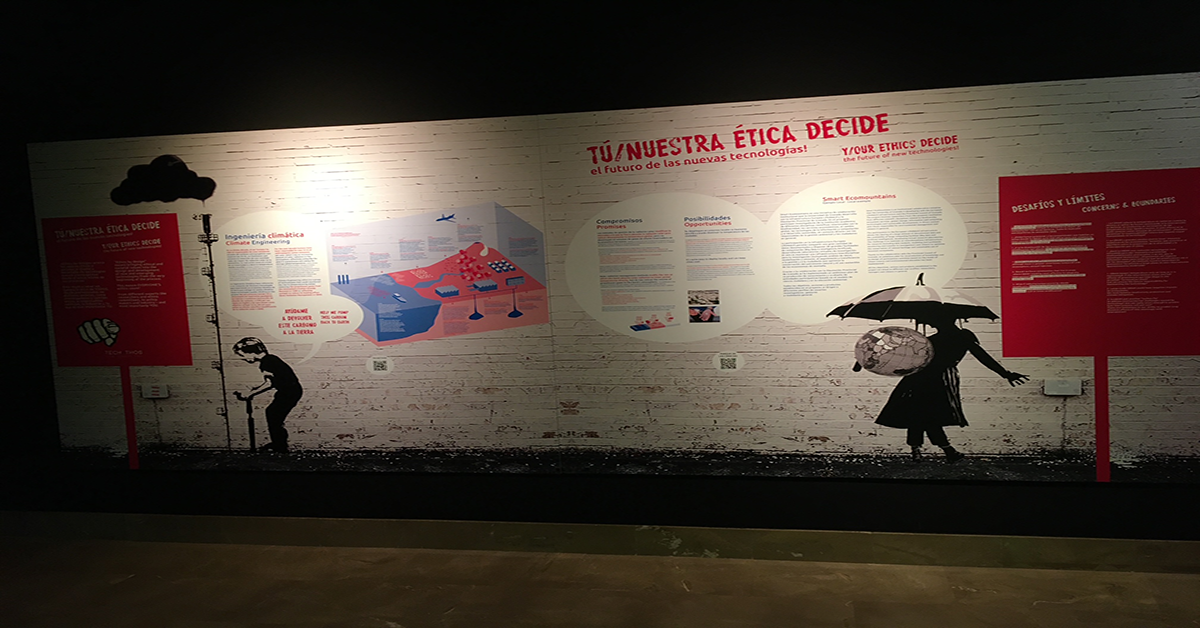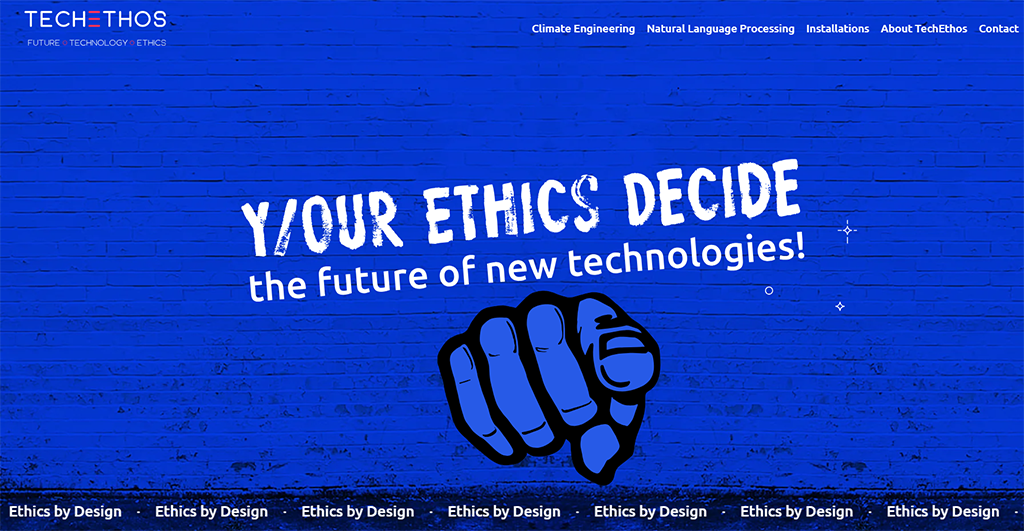To enhance awareness of the rapidly evolving landscape of new and emerging technologies, TechEthos six science engagement organisations hosted the TechEthos physical installation: Y/our ethics decide!
Starting from October 2023, their venues welcomed more than 70,000 visitors – with 100,000 expected for 2024 and 200,000 more for the following years. The installations were spread in nine locations (like museums, universities, science centres, and even shopping malls!) across Europe. They successfully reached a high variety of audiences, including high school and university students, younger audiences, the general public, families and adults but also vulnerable groups with socio-economic disadvantages.
The installations centred around two main technology families: Digital Extended Reality and Climate Engineering, each of these brought a unique local perspective, along with its own set of challenges and case studies.
Three science engagement centres focused on Artificial Intelligence (AI) and Natural Language Processing (NLP), tackling topics like the ethics of using avatars and generated chat tools, the cultural applications of new technologies on language and education, and controversies regarding job replacement. The second group dealt with climate engineering practices, including subjects like cooling effects of plants in big cities and insights into local carbon capture facilities.
Installations on AI and NLP
The Bucharest Science Festival (ASUR), together with the University of Bucharest, addresses the ethics of using AI-based avatars. They also permit visitors to interact with ChatGPT and AI-based image generators – involving them in discussions with local experts on relevant ethical challenges.


Photos: Bucharest Science Festival (ASUR)
The Center for the Promotion of Science (CPN) focuses more on educating about the cultural diversity of NLP datasets. Visitors can compare stylistic differences between chatbots’ and human linguistic capacities, watch an explanatory video on the future of AI, and attend engaging workshops. For instance, participants can create digital paintings using AI-based image generators like DALL-e – mimicking the styles of renowned Serbian artists!
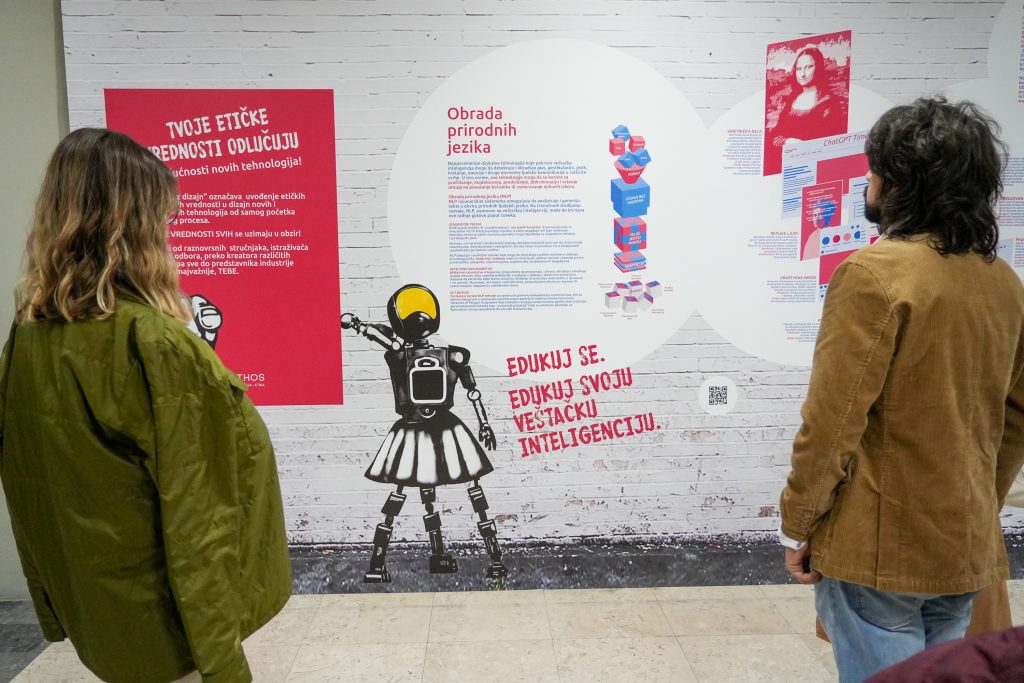
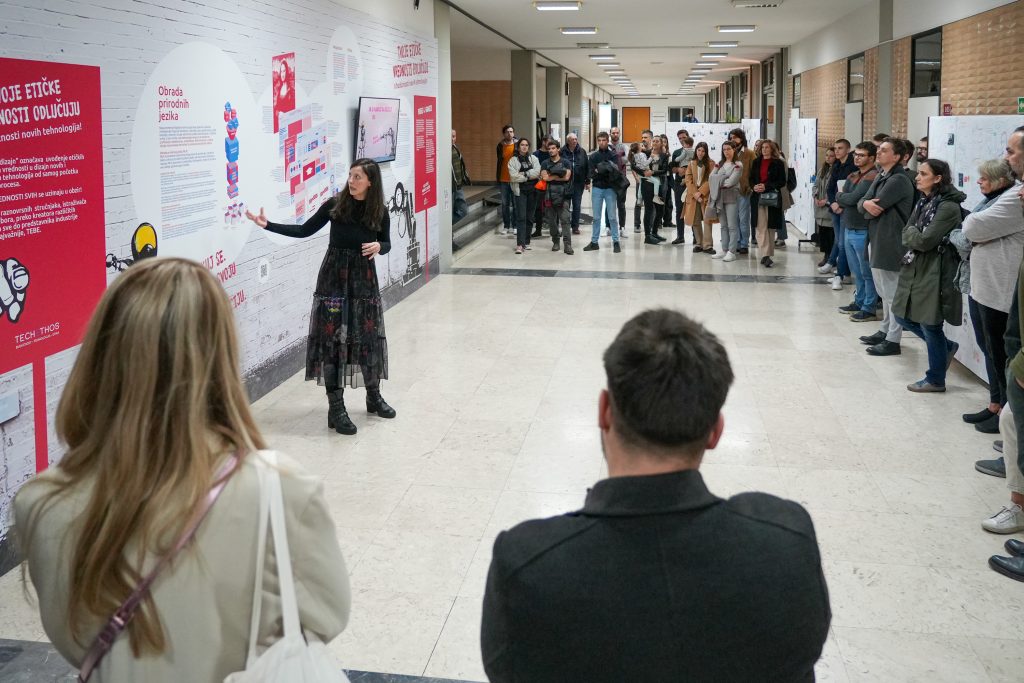
Photos: Center for the Promotion of Science (CPN)
iQLANDIA educates on AI from the perspective of job replacement dynamics, creating an exhibition that invites visitors to discuss the positive and negative aspects of this technology.

Photo: iQLANDIA
Installations on Climate Engineering
Parque de las Ciencias sets up an installation related to the Sierra Nevada Natural Park – in cooperation with the SmartEcoMountains EU-funded project.
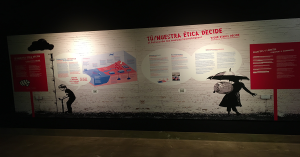
Photo: Parque de las Ciencias
The ScienceCenter-Network (SCN) focuses on the cooling effects of plants in big cities, with insights into future applications in water and green areas in the city and engaging workshops on how citizens can contribute to climate change mitigation. SNC also offers interesting insights into sub-technologies like Ground Based Albedo Modification (GBAM) and Bioenergy with Carbon Capture and Storage (BECCS).
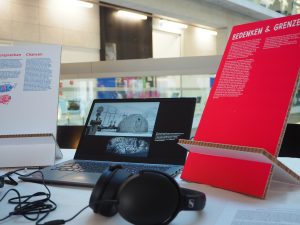
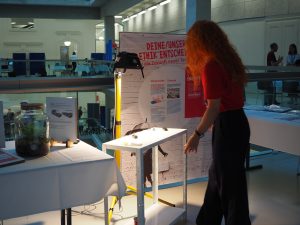
Photos: ScienceCenter-Network (SCN)
Vetenskap & Allmänhet (VA), in cooperation with a local energy company, educates on a new carbon capture facility currently under development and, more broadly, carbon capture technologies!


Photo: Vetenskap & Allmänhet (VA)
Are you looking forward to learning more about emerging technologies? Have a look at the installations that are available in 2024!
IQLANDIA – Nitranská 410/10, 460 07 Liberec, Czechia
Installation of Artificial Intelligence (throughout 2024)
Workshop for vulnerable group – learning difficulties (May 2024)
Researcher’s Night – a special program for the audience (October 2024)
Vetenskap & Allmänhet (Curiosum Science Centre) – Östra Strandgatan 32, 903 33 Umeå, Sweden
Installation on carbon capture (until July 2024)
Parque de las Ciencias – Av. de la Ciencia, s/n, Ronda, 18006 Granada, Spain
Installation on Climate Change (until 30 April 2024)
Don’t you find physical installations nearby you? Have a look at our Digital Installation on the ethical dimensions of Climate Engineering and Natural Language Processing!
Get to know the science engagement organisations behind our installations.
